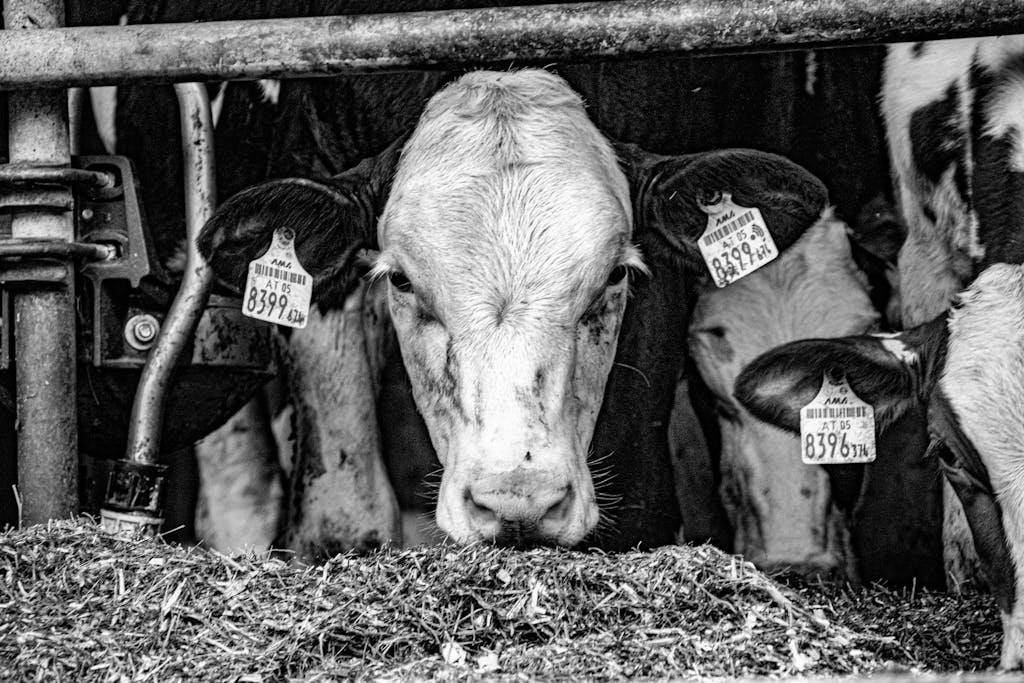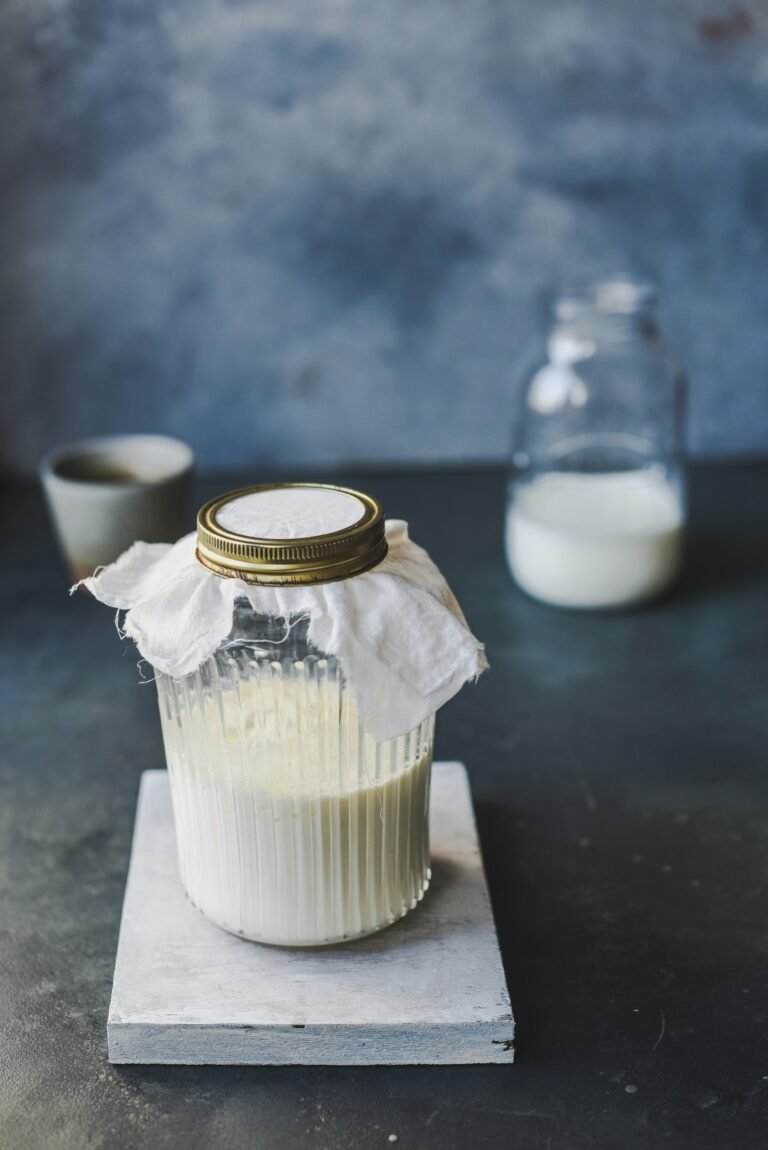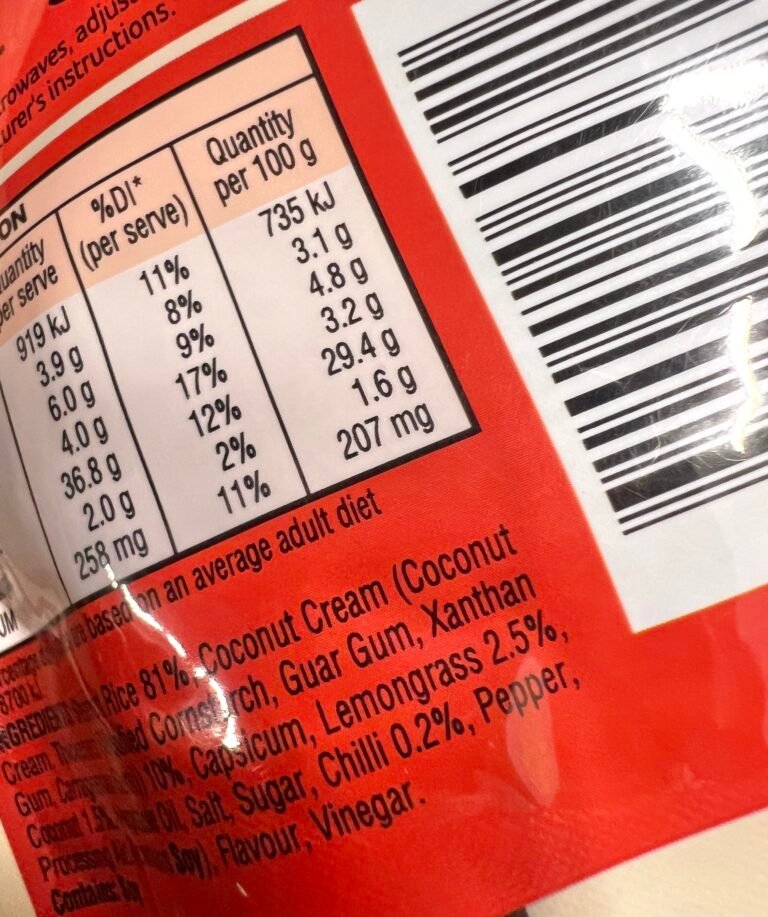Why Go Plant-Forward? The Benefits of a Plant-Based (or 80/20) Diet
You don’t have to swear off steak forever to enjoy the benefits of eating more plants. In fact, shifting even 80% of your diet towards plant-based foods — fruits, vegetables, legumes, whole grains, nuts, and seeds — can transform your health, shrink your environmental footprint, and still leave room for the occasional burger (although have you tried a miso Mushroom Burger!) without the guilt trip.

The Health Payoff
Plant-based eating is linked to lower rates of heart disease, type 2 diabetes, certain cancers, and obesity. Why? Plants are naturally rich in fibre, antioxidants, vitamins, and minerals, while being free of cholesterol and generally lower in saturated fat.
And here’s where your gut gets the biggest high-five: a diet rich in a wide variety of unprocessed plant foods feeds a diverse microbiome — the trillions of bacteria in your digestive system that regulate immunity, inflammation, nutrient absorption, and even mood. Different plants contain different types of fibre and plant compounds, which act like an all-you-can-eat buffet for your beneficial gut bacteria. More variety on your plate equals more diversity in your gut, which is a key marker of long-term health.
The 80/20 Advantage
Going all-in vegan isn’t for everyone, but the 80/20 approach (roughly 80% plant foods, 20% animal products) still delivers major health and environmental wins. It’s flexible, sustainable, and doesn’t leave you obsessing over the cheese board at every party. The goal is more variety from plants, less reliance on animal products as the centrepiece of every meal.
Behind the Sizzle: Meat Industry Marketing
The meat industry is, first and foremost, a business. Its job is to sell more meat, not to prioritise your long-term health. That’s why marketing often paints meat as “essential” while quietly skipping over the well-documented links between high red and processed meat consumption and increased health risks.
And while the messaging often leans on tradition and nostalgia (“part of a balanced meal”), it’s worth remembering that those “good old days” of hearty roasts and meat-heavy dinners were also times when people lived far more active lives. They walked more, moved more, spent less time behind desks or in cars, and burned far more calories day-to-day. Meat portions were also smaller then — today’s servings are substantially larger while our activity levels have dropped. So the lifestyle and serving sizes have changed but the sales pitches haven’t. The science says a plate dominated by plants does your body more favours, especially in our more sedentary modern world.
Environmental Bonus Points
Producing meat — especially beef — is resource-heavy, requiring vast amounts of water, land, and feed, and generating significant greenhouse gas emissions. Plant-based proteins like beans, lentils, and tofu have a fraction of the footprint, making your diet one of the most powerful kindness and climate actions you can take without leaving your kitchen.

Getting Started
- Build your meals around vegetables, whole grains, and legumes.
- Treat meat as a side or flavour enhancer, not the main event.
- Explore plant-based versions of your favourite dishes — curries, pastas, burgers.
- Try one or two meat-free days a week and build from there.
Quick Reference: Gut Gains from Plants
More variety = more diversity. Different plants feed different types of beneficial bacteria.
Fibre feeds your gut lining. A healthy microbiome produces short-chain fatty acids that keep your gut barrier strong.
Polyphenols pack a punch. Found in colourful fruits, veg, teas, and spices, these plant compounds help reduce inflammation.
Bottom line: You don’t need perfection to make a difference. Even small shifts towards a plant-forward diet can boost your health, lower your risk of chronic disease, improve your gut microbiome diversity, and lighten your environmental impact. Plus, you might discover that lentil bolognese or mushroom tacos are just as satisfying — minus the marketing spin.







